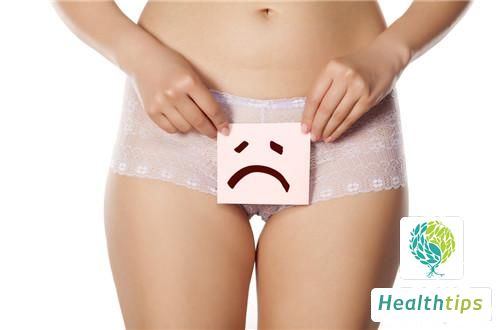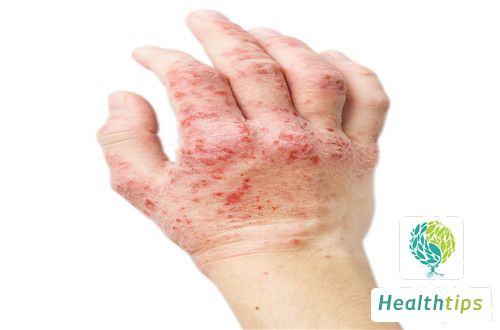"What Factors Lead to Cold Semen?"
Cold Semen
Cold semen, also known as semen frigidity, does not signify a low temperature in the semen. Rather, it represents an abnormal coldness due to insufficient yang energy. This condition often leads to decreased fertility or even infertility among men. Furthermore, it predisposes them to sexual dysfunction and sperm deficiency, manifesting in conditions like oligospermia, asthenospermia, dead sperm, and non-liquefaction of semen. Let's delve into the causes of this phenomenon.

Causes of Cold Semen
Cold semen arises when semen is abnormally cold due to a lack of yang energy, ultimately impacting fertility. It is frequently linked to sexual dysfunction, sperm deficiency, and semen non-liquefaction. Multiple factors can contribute to changes in semen quality, including abnormal testicular development, hormonal imbalances, and varicoceles. To improve semen quality, recommendations include quitting smoking and alcohol, seeking traditional Chinese medicine treatment, and adjusting one's diet to boost physical strength, nourish the kidneys, and enhance semen quality.
Essential Nutrients for Men with Cold Semen
Zinc: As a vital trace element, zinc is integral to enzymatic activity throughout the body and immune system regulation. It is crucial for proper growth and development, yet often overlooked by men. Surveys reveal that less than a third of men meet their recommended zinc intake, which can be found in seafood, lean meat, whole grains, and legumes.
Iron: Iron deficiency is rare among men, with less than 1% affected. Most men need not concern themselves with iron content in their diet. Excessive iron supplementation can be harmful, as men have a lower tolerance for iron overload, and it may mask internal bleeding symptoms.
Protein: While many men aim to increase muscle mass through excessive protein consumption, most do not require additional protein supplements. A moderate intake of meat, poultry, fish, or legumes, combined with low-fat dairy products, is sufficient.
Antioxidants: Antioxidants, particularly vitamin E, protect blood vessel walls from free radical damage, preventing cholesterol build-p and aiding in heart disease and stroke prevention. Rich sources include whole grains, nuts, and vegetable oils. Supplementation may be necessary to exceed daily recommendations, while fruits and vegetables offer additional antioxidant benefits.
Vitamins B6 and Folate: These B vitamins are challenging to obtain and essential for breaking down homocysteine, an amino acid that, in excess, can increase heart disease risk. Vitamin B6 is found in chicken, fish, whole grains, and legumes, while folate is abundant in leafy green vegetables, orange juice, legumes, and fortified cereals.



















